Eco-Tourism in Kurdistan: Natural Wonders Captivate Global Travelers
Travel bloggers and tourism platforms, including Lonely Planet and TripAdvisor, have increasingly featured Kurdistan in their guides, citing it as one of the Middle East’s safest and most underrated nature destinations.
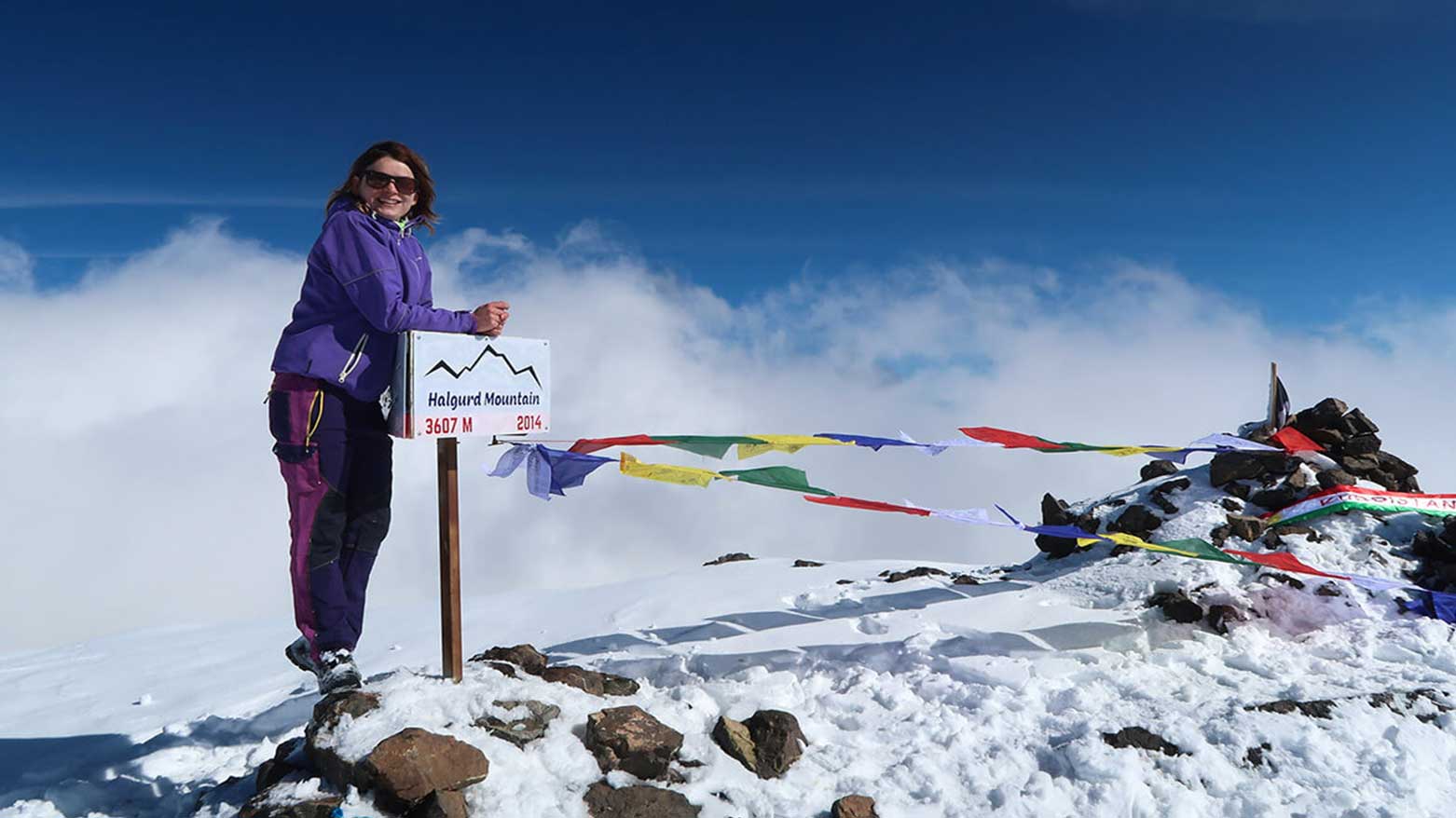
ERBIL (Kurdistan24) — The Kurdistan Region of Iraq is gaining global attention as a rising eco-tourism destination, thanks to its diverse natural landscapes, majestic mountains, and lush valleys that offer a serene escape for nature lovers and adventure seekers alike. With attractions like the towering Halgurd Mountain, the stunning Gali Ali Beg Waterfall, and the dramatic Rawanduz Canyon, the region is fast becoming a favorite for travelers seeking both sustainability and scenic beauty.
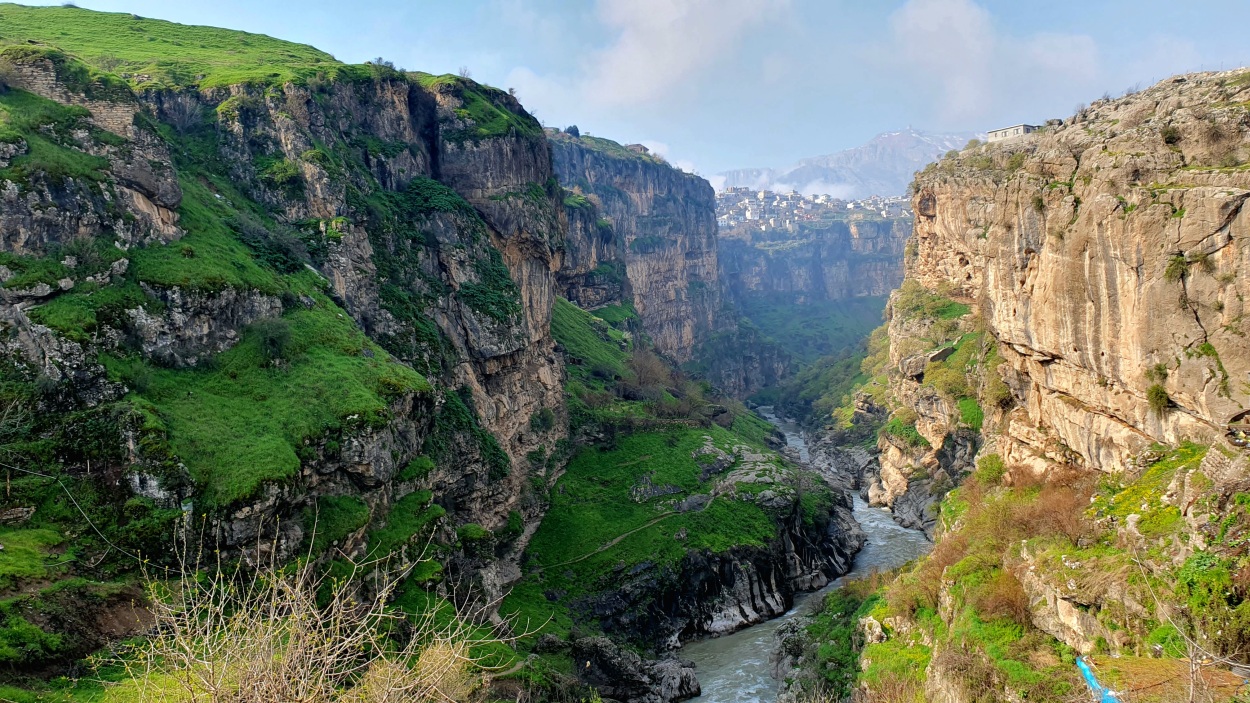
Gali Ali Beg Waterfall, located in the Soran district northeast of Erbil, is one of Iraq’s most iconic natural sites. It cascades from rugged cliffs surrounded by green slopes, and is so culturally significant that it is featured on the 5,000 IQD banknote. Not far away lies Rawanduz Canyon, often referred to as the "Grand Canyon of Kurdistan," with its deep gorges and winding valleys offering hikers and photographers panoramic views and a sense of awe. Further into the highlands, Halgurd Mountain—the highest peak in Iraq at over 3,600 meters—draws trekkers and mountaineers from across the world with its snow-capped summit and alpine charm.
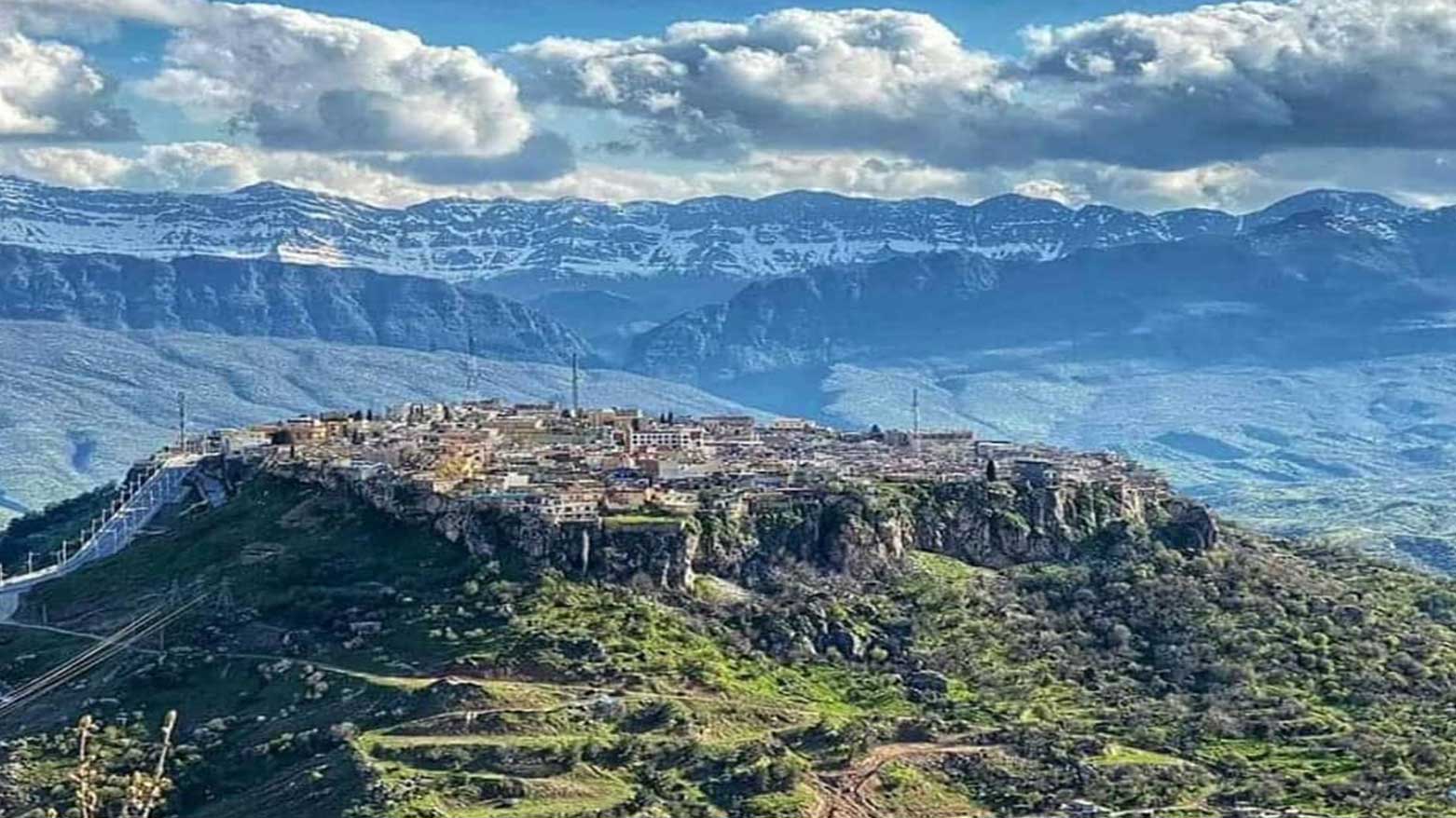
The region also boasts the breathtaking Ahmed Awa Waterfalls near Halabja, a popular summer retreat surrounded by forested hills, and Lake Dukan, a serene, crystal-clear reservoir nestled among the mountains of Sulaymaniyah. Tourists are increasingly exploring Akre’s terraced hills, the limestone caves of Shanidar—rich in prehistoric significance—and the tranquil beauty of Amedi, a historic hilltop town with sweeping mountain views.
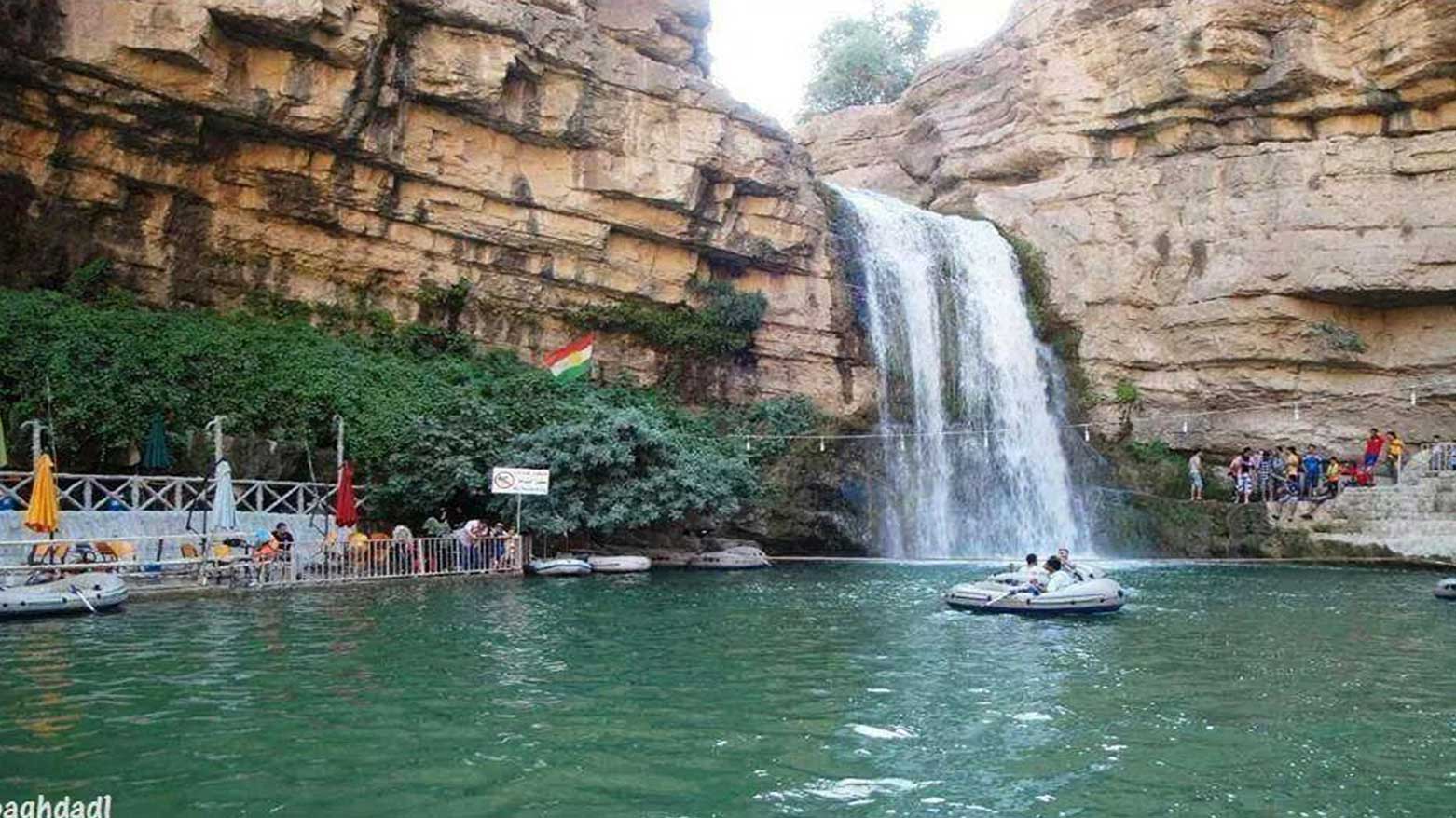
To support and promote eco-tourism, the Kurdistan Regional Government (KRG) has focused on improving access to these natural sites by enhancing roads and investing in tourism-friendly infrastructure. Local tourism boards have launched digital campaigns and multilingual websites to attract international visitors while highlighting the region’s rich ecological diversity. In addition, private sector investment has led to the development of environmentally friendly lodges, nature retreats, and tour services that emphasize low-impact travel and cultural sensitivity.
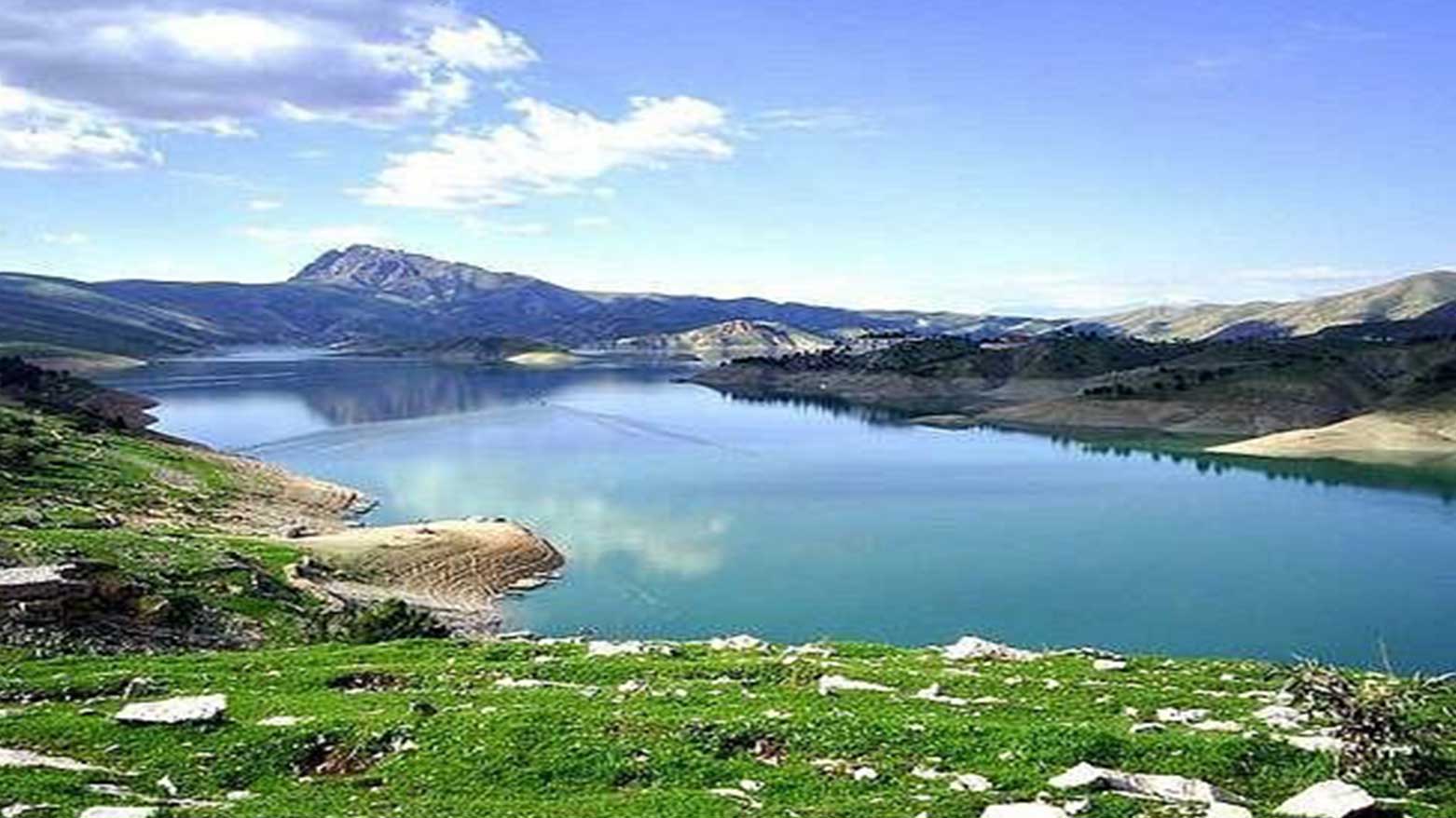
Travel bloggers and tourism platforms, including Lonely Planet and TripAdvisor, have increasingly featured Kurdistan in their guides, citing it as one of the Middle East’s safest and most underrated nature destinations. This growing visibility has sparked interest from eco-conscious travelers, many of whom are drawn to Kurdistan's mix of pristine landscapes, cultural hospitality, and off-the-beaten-path allure.
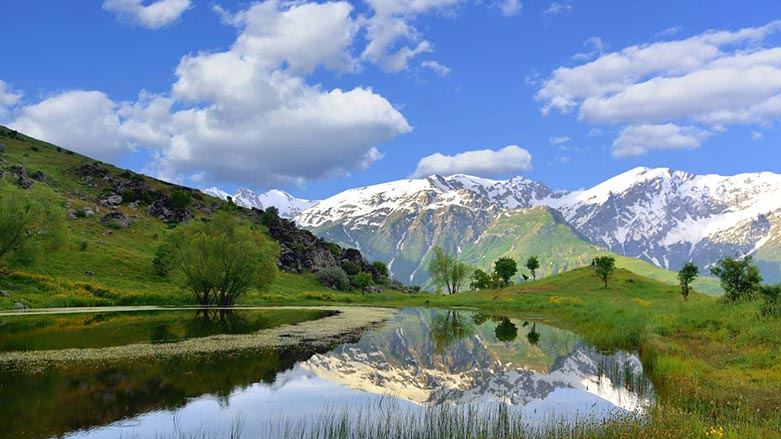
With its dramatic geography, cultural depth, and expanding tourism infrastructure, the Kurdistan Region is laying the groundwork for a thriving eco-tourism sector. By preserving its natural heritage and promoting responsible travel, the region not only opens its doors to the world but also builds a sustainable future where nature and tourism flourish together.
